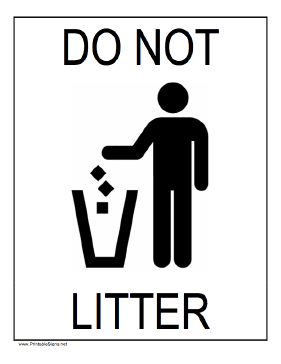Singaporeans asked to chew on their manners
In sociology, manners are the unenforced standards of conduct which show the actor that you are proper, polite, and refined. They are like laws in that they codify or set a standard for human behavior, but they are unlike laws in that there is no formal system for punishing transgressions, other than social disapproval.
Mannerism should be inculcated by the family as ones’ manners is greatly intertwined with his/her upbringing. It is a very sad to see that now, the government has to intervene and come up with campaigns such as ''Kindness rocks'' and ''Be a smile champion'' to improve Singaporeans’ consideration. I am not saying that (all) Singaporeans do not have good manners but many have further room for improvements.
One instance is the crowding at the entrance of the train doors. Some commuters make it difficult for others to exit as they crowd at the doors when the train arrives, hoping to rush in quickly to grab a seat. This is being inconsiderate even if they are rushing for time as the other commuters may also be in a hurry.
Another example is the giving up of seats in trains and buses. The Singapore government has put up posters, to remind us of social etiquette and mannerism. One such recent campaign that was launched by the SMRT is posters featuring the reknown local comedian, Phua Chu Kang to remind commuters of their mannerism while taking public transportation. In the past, plain posters of giving up seats to the needy, elderly and pregnant are placed in the trains. However, the situation probably escalated to a worsen state that now, there are reserved seats in the trains specially for the needy, elderly and pregnant.
Based on the above, I did be lying should I say that all Singaporeans are well mannered. However, it is also unfair to say that all Singaporeans are ill-mannered.
I have witnessed young teens giving up their seats for the elderly on many occasions. One incident left a deep impression on me. I was on the train on my way to school. Midway of my journey, a middle-aged man told a foreign worker to give up his seat to an elderly man, who was holding a walking stick on one hand and a carrier on the other. The foreign worker appears to be asleep but the man woke him up and told him not to pretend to be sleeping. Although I do not know if the foreign worker was really sleeping or not, I admired the middle-aged man who was willing to stand up for the elderly man. He was not afraid of speaking up for the elderly man even though it does not concern himself. It doesn't take big leaps to be kind, we should all take a little step at a time.
Everyone has different opinions and we should respect them. However, I feel that one should not make judgements based on only their encounters. Of course, Singaporeans has still room for improvements but I do not believe that all Singaporeans are ill-mannered.
Done By: Kwek Wan Ling
Admin No.: 103503L

















